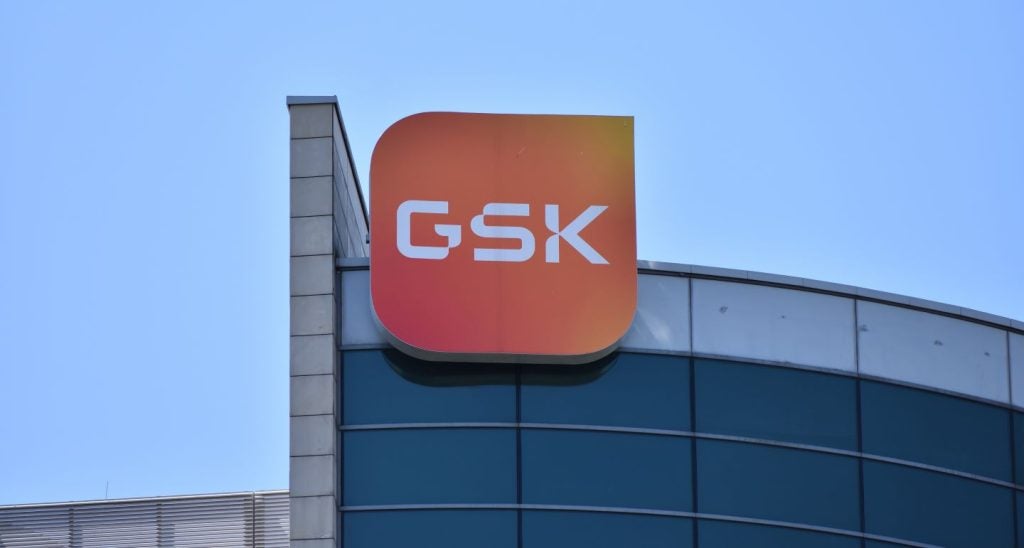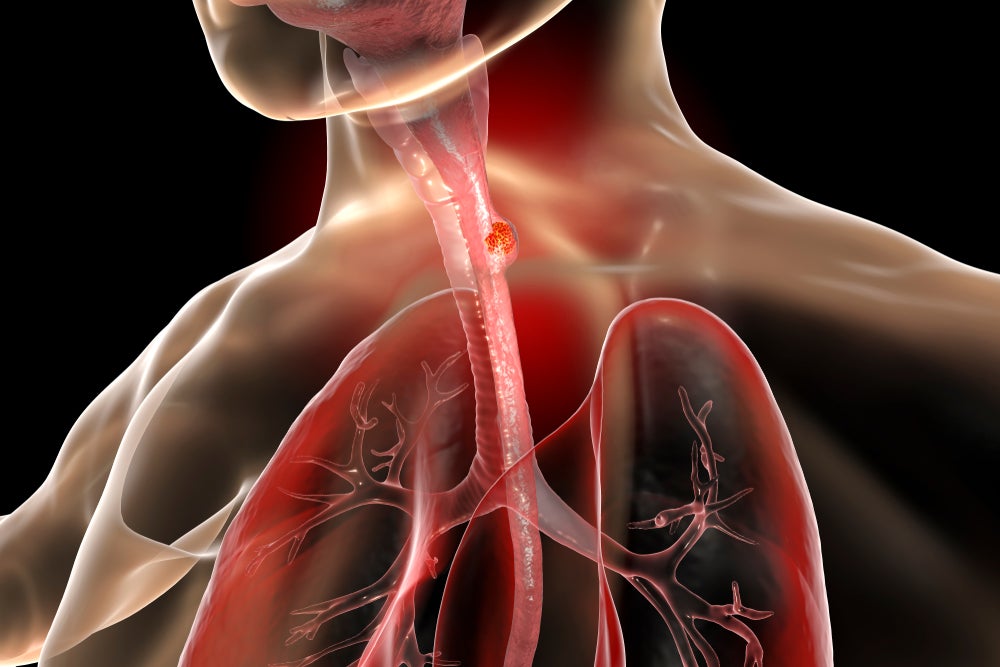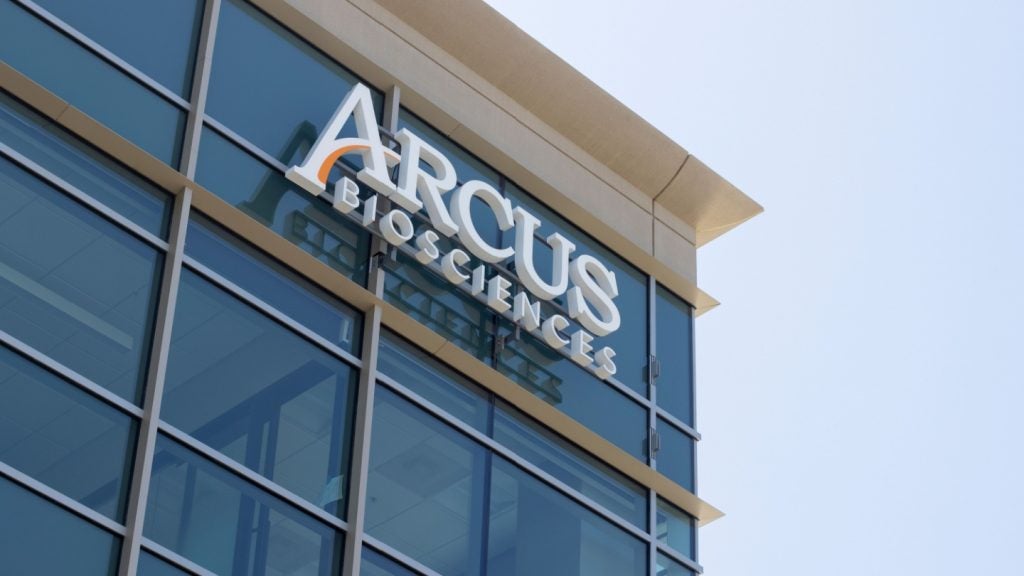Japan's Ministry of Health, Labour and Welfare (MHLW) has approved for GSK’s Nucala (mepolizumab) for the treatment of adults with chronic rhinosinusitis with nasal polyps (CRSwNP) whose condition is inadequately controlled with standard therapy.
Nucala is a monoclonal antibody that acts on interleukin-5 (IL-5).
The approval is based on data from the Phase III MERIT trial, which included participants from Japan, China and Russia, and further supported by data from the global Phase III SYNAPSE study.
The MERIT trial's co-primary endpoints were the variation from baseline in nasal obstruction visual analogue scale (VAS) score during weeks 49 to 52 versus placebo, and the change in endoscopic nasal polyp score at week 52.
Mepolizumab significantly improved the nasal obstruction VAS score and showed a numerical reduction in nasal polyp score at week 52.
Improvements in patient quality of life were also observed, as measured by the 22-item Sino-Nasal Outcome Test (SNOT-22), with mepolizumab treatment versus placebo.
Safety and tolerability data from the trial aligned with the known profile of mepolizumab.
In Japan, mepolizumab is also approved for bronchial asthma in children aged six years or above and adults with refractory asthma inadequately controlled with standard treatments.
It is also indicated for adult patients with eosinophilic granulomatosis with polyangiitis who do not respond adequately to standard treatments.
GSK respiratory/immunology research and development global head and senior vice-president Kaivan Khavandi said: “The chronic and debilitating impact that chronic rhinosinusitis with nasal polyps can have on those affected is often underestimated.
“This additional indication for Nucala in Japan could provide patients with an alternative treatment option to surgery or systemic steroids.”
The latest development comes after GSK obtained the Singapore Health Sciences Authority’s approval for a new indication for Jemperli (dostarlimab) for use with chemotherapy in treating advanced or recurrent endometrial cancer.















